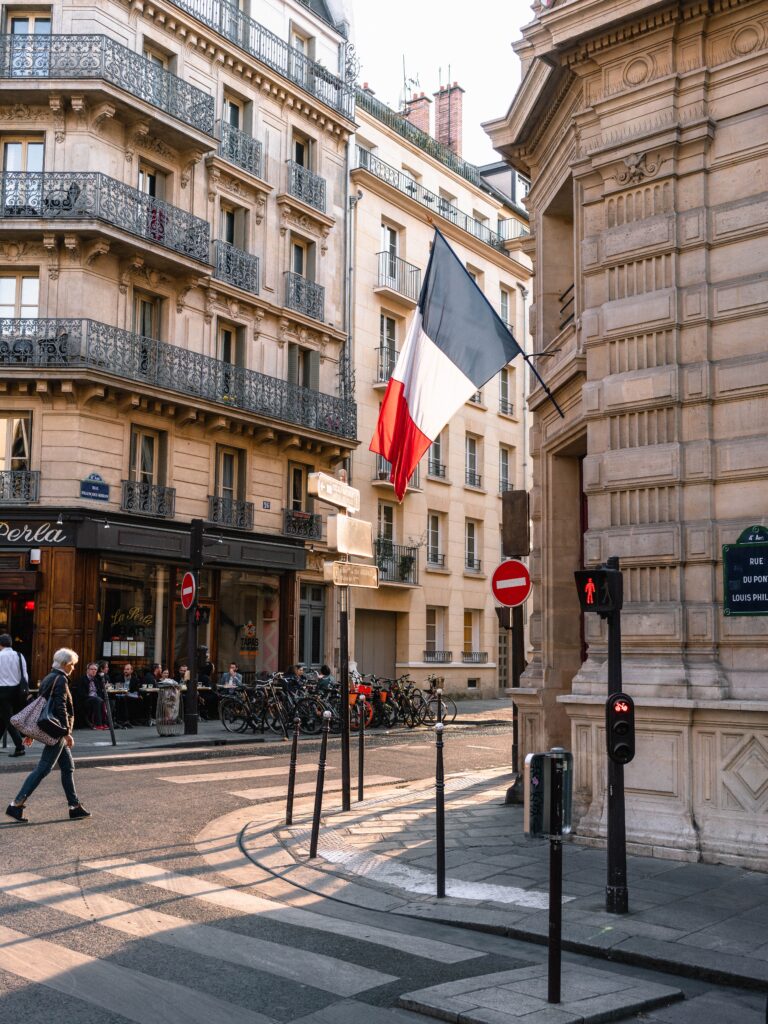Francophony: Defense of the French Language

The term francophony comes from the word francophone, a term that designates people who habitually speak French.
What is the Francophonie?
First of all, francophony was born as a way to put French at the service of solidarity, development and the rapprochement of peoples.
Based on data from the Ministère de l’Europe et des Affaires Étrangères (Ministry for Europe and Foreign Affairs):

“French is the fifth most spoken language in the world, behind Mandarin, English, Spanish and Arabic. In demographic terms, the five countries with the highest number of French speakers are currently the Democratic Republic of Congo, France, Algeria, Morocco and Côte d’Ivoire.”
Ministère de l’Europe et des Affaires Étrangères
Around 48% of French speakers are located on the African continent. French is the second most studied language in the world and is becoming increasingly popular in Latin America.
In other words, the main objective of this Francophonie Week is to celebrate the diversity and richness of a language that does not only belong to France. In fact, the defenders of French invoke the so-called Toubon law of 1994, which obliges the use of the French language and at least two foreign languages, in order not to give full priority to English.
French as a Romance language
Although it is a Romance language, it is influenced by other languages. Modern French was born in northern France, when a group of Germans, the speakers of the Alemannic language, the sister language of the ancestors of today’s Dutch. Here, they found the Gallic Romance, which was Vulgar Latin with certain influences from the Celtic languages. From the Germanic languages it took the tendency to round vowels and various sounds, from Celtic the tendency to nasalize and partly the base 20 in the numeration.
On the other hand, Vulgar Latin contributed the basic grammar, following Germanic principles.
A similar phenomenon made English phonetics so rare compared to its relatives on the continent. To a base of highly Celtic vulgar Latin was added the Anglo-Saxon, then the Scandinavian of the Vikings, and then the French of the Normans, resulting in a linguistic disaster.
In the linguistic sense, Francophony is the quality of one who communicates in French. This includes neologisms invented according to regions and words merged with other languages.
In fact, Francophony is the result of the French colonial adventure from the 17th century onwards.
Why speak French?
In North America, it is a matter of asserting cultural identity.
Similarly, in sub-Saharan Africa, French provides access to basic education. Here, French is also the language of development, of modernity.
Here, French is also the language of development, of modernity. In Central and Eastern Europe, knowledge of French is linked to belonging to a united Europe: its three capitals, Brussels, Luxembourg and Strasbourg.
It is also one of the two working languages of the United Nations, one of the two official languages of the International Olympic Committee, the only universal language of the postal services and the main language of the African Union.

March 20 marks the International Day of La Francophonie, a day to promote and disseminate the French language and the cultural and linguistic diversity of the French-speaking community around the world.
Sensorial Sunsets
Navigate articles





